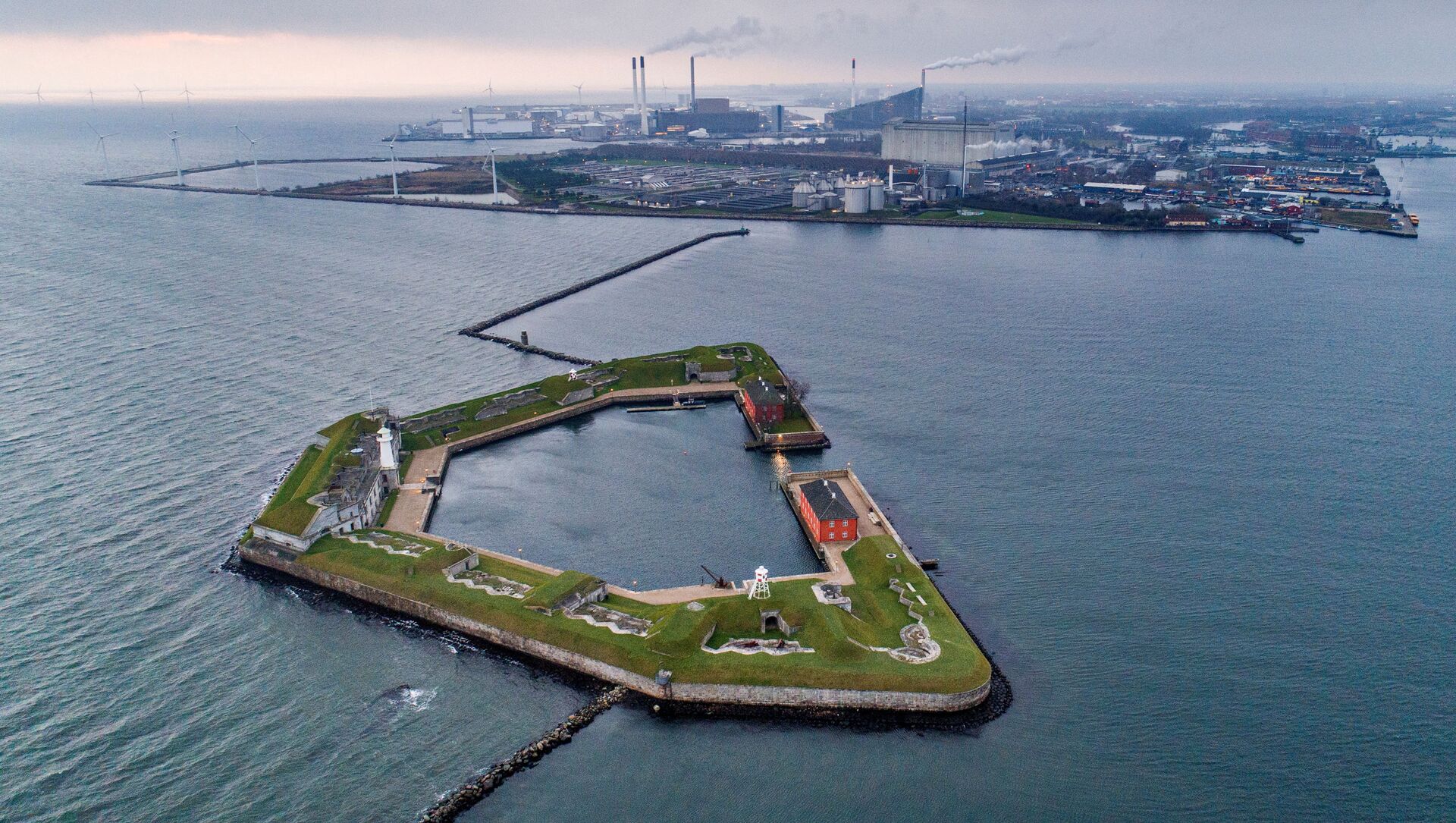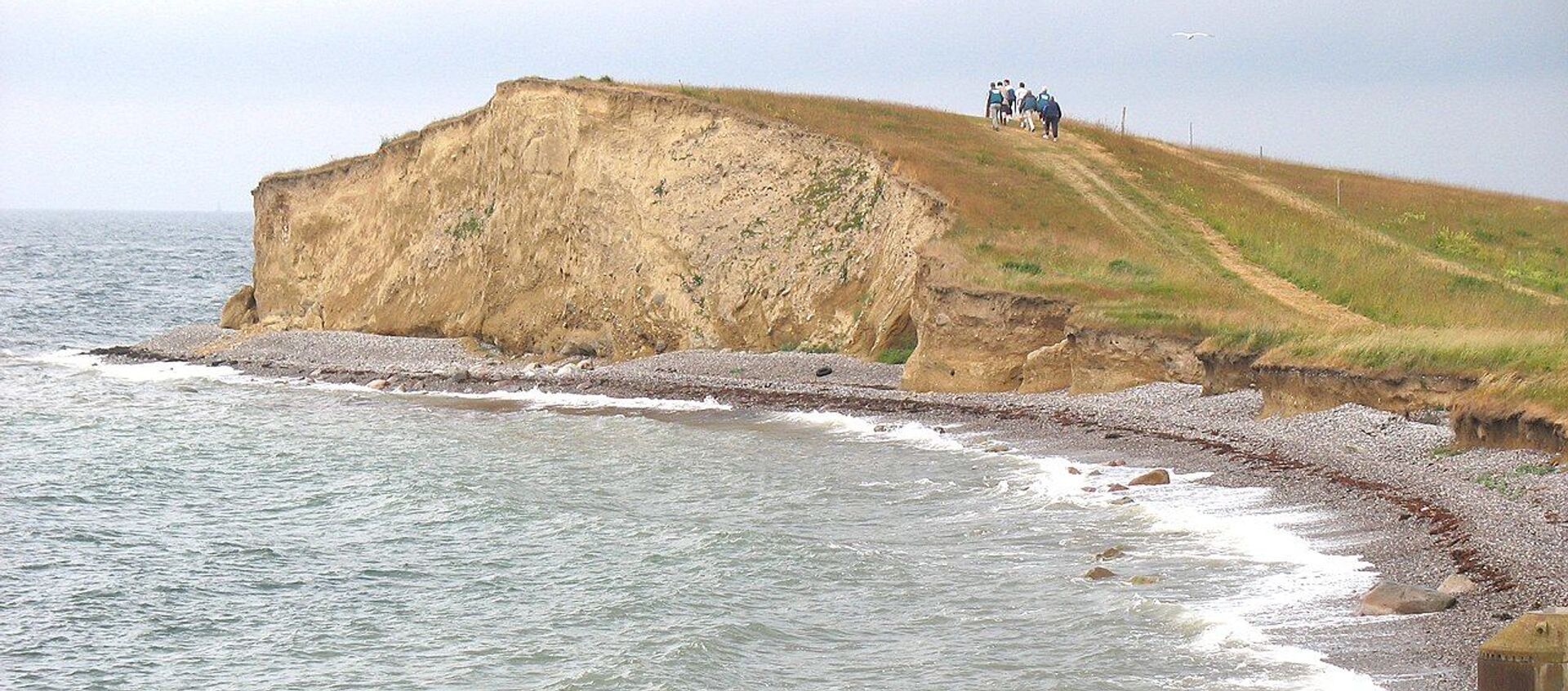The Danish parliament has approved the building of an artificial island off the capital of Copenhagen on which homes for 35,000 are planned to be built.
The MPs voted 85 to 12 on Friday in favour of the plan — despite protests from environmentalists.
Work on the one-square-mile Lynetteholm project can now begin later this year, with land-reclamation expected to be mostly finished by 2035, and the housing developments completed by 2070.
The development will be linked to the mainland by a ring-road, tunnels and a metro rail line. A system of dykes will be built around the island to protect the harbour from storm surges and rising sea levels.
Activist Eva Larsen said she was "very worried" about the extra traffic.
"This project, which is the largest in Copenhagen's history and one of the largest infrastructure projects in Danish history, is simply pulled down over our heads between election periods where we do not have a chance to be heard," added campaigner Nicholas Woollhead, arguing the decision should have been put off until after November's municipal elections.
But Danish road transport association IDT director Carina Christensen sought to allay those fears with the prospect of more "climate-friendly" vehicles.
"Electric trucks will, for example, remove CO2 emissions and reduce noise, but in return cost more and lead to more trips," Christensen said.



